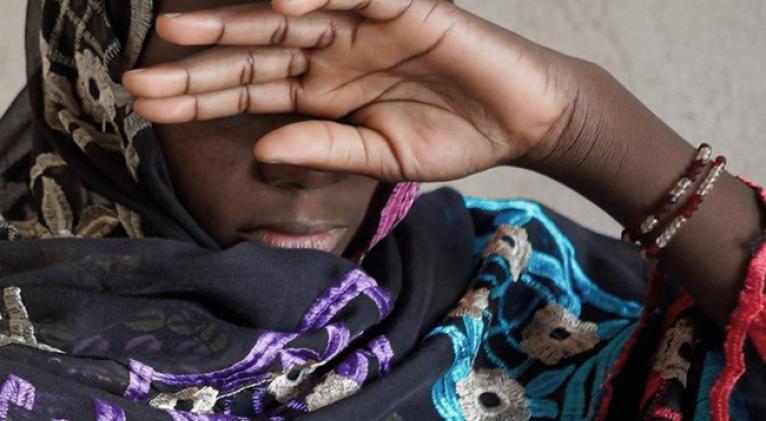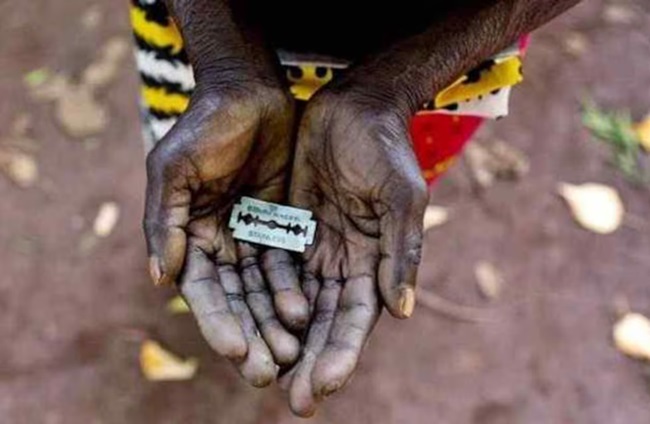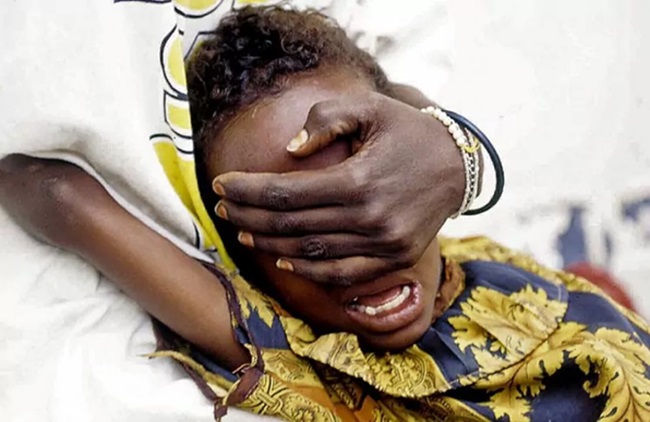Female Genital Mutilation: That Horrible Act of Gender Violence
especiales

It seems that the subject corresponds to the Middle Ages, to past times of obscurantism and ignorance.
But female genital mutilation (FGM) coexists in this present with generative artificial intelligence, quantum physics and unprecedented space conquests.
This is confirmed by the more than 230 million girls and women alive today, who have been subjected to this practice in some 30 countries in Africa, the Middle East and Asia, according to data from the World Health Organization dated January 31.
It's not by chance that every February 6th the International Day of Zero Tolerance for Female Genital Mutilation is commemorated, internationally considered a serious violation of human rights, health, and integrity.

This brutal mutilation is practiced mainly on girls between childhood and adolescence, also occasionally on adult women, and consists of the partial or total removal of the external female genitalia or other injuries to their genital organs for non-medical reasons.
The reasons why these mutilations are carried out vary from region to region and are due to various sociocultural factors in families and communities: from social conventions that guarantee community acceptance, to a supposed preparation of the minor for adulthood and marriage, including control of her sexuality, premarital virginity and subsequent marital fidelity.
But FGM brings absolutely no benefit to the physical or mental health of girls and women, and it can cause severe hemorrhages and infections, menstrual and urination difficulties, as well as complications in childbirth and even a greater risk of death for the newborn.

The dire consequences of FGM for health are so many that the treatment of these health complications is estimated, in total, to be close to 1.4 billion dollars annually; “a figure that’s expected to increase unless urgent measures are taken to abandon it,” says WHO.
But more than the cost of the treatments, what’s terrible about this harmful manifestation of gender inequality is the lifelong physical and mental damage it causes, including risks that can be fatal.
At the same time, such practices entail an attack on the rights of women and girls to bodily autonomy, security and dignity.
Eradicating this atrocious violation of human rights is urgent, and possible, stresses the UN.
Translated by Amilkal Labañino / CubaSí Translation Staff














Add new comment